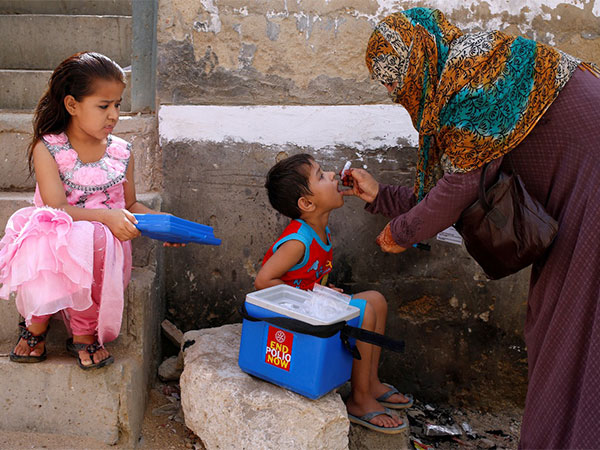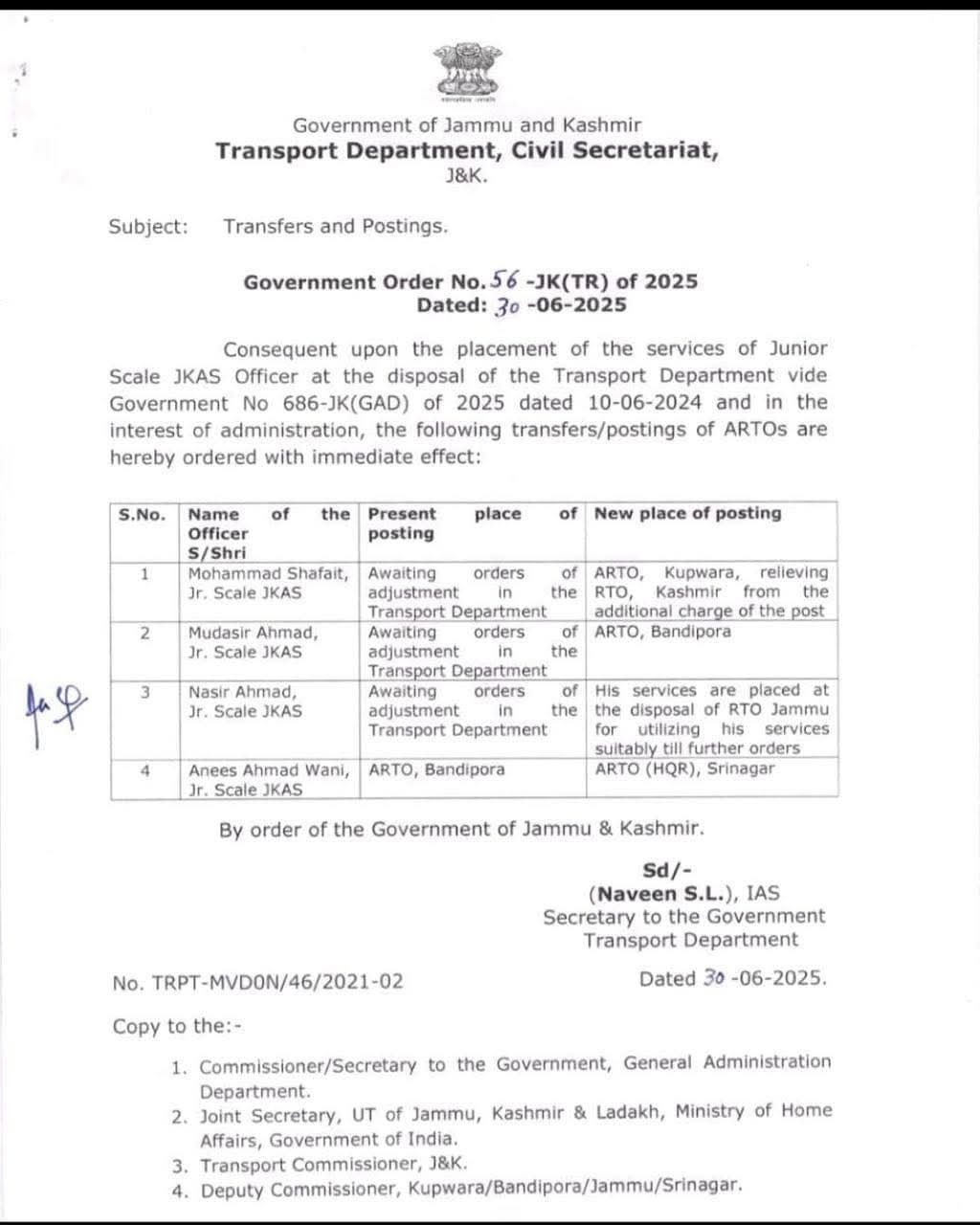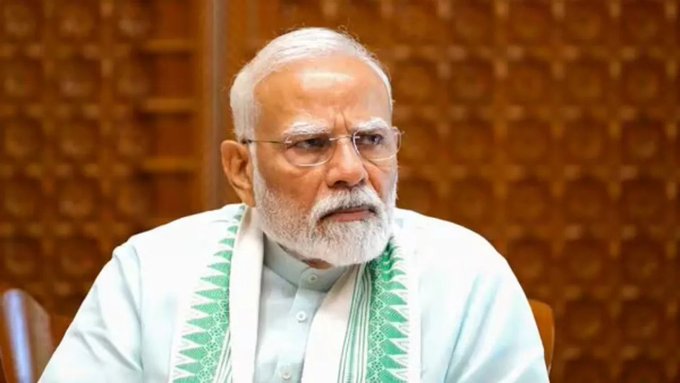Islamabad [Pakistan]: Pakistan recorded over 60,000 cases of polio vaccine refusal during its nationwide anti-polio campaign conducted between April 21 and 27 this year, according to a report by ARY News citing official sources.
The ARY News report stated that a total of 60,906 polio vaccine refusals were documented during the country’s second national polio eradication drive of 2025.
Sindh reported the highest number of refusals, with 39,073 cases, out of which more than 37,000 were from Karachi alone, the report said. Balochistan followed with over 3,500 refusal cases, while Khyber Pakhtunkhwa recorded a vaccine refusal rate of 0.4 per cent, according to the data.
Instances of parental refusal were also reported from Punjab and Islamabad, as per the ARY News report.
The reluctance to vaccinate remains a significant hurdle in Pakistan’s battle against polio. The latest data comes amid confirmation of another new polio case in the country, bringing the total number of cases in 2025 to 13.
According to the World Health Organisation (WHO), polio is a highly infectious disease caused by a virus. The virus is transmitted person-to-person, mainly through the faecal-oral route or, less frequently, by a common vehicle (for example, contaminated water or food), and multiplies in the intestine.
The disease can cause paralysis and even death, with no cure available. However, vaccination remains the most effective way to protect children from this crippling disease. Multiple doses of the oral polio vaccine and completing the routine vaccination schedule for children under five are crucial to providing high immunity against polio.
Children under 5 years of age are mainly affected by polio, according to the WHO. However, anyone of any age who is unvaccinated can contract the disease. There is no cure for polio, it can only be prevented. The polio vaccine, given multiple times, can protect a child for life.
Pakistan is one of the two polio-endemic nations in the world, alongside Afghanistan. The number of polio cases reduced significantly every year in Pakistan until the recent rise in cases. Despite national campaigns being conducted in Pakistan to eradicate polio, southern Khyber Pakhtunkhwa remains a challenge due to access issues and barriers to house-to-house vaccination, leaving many children unvaccinated and vulnerable.




















